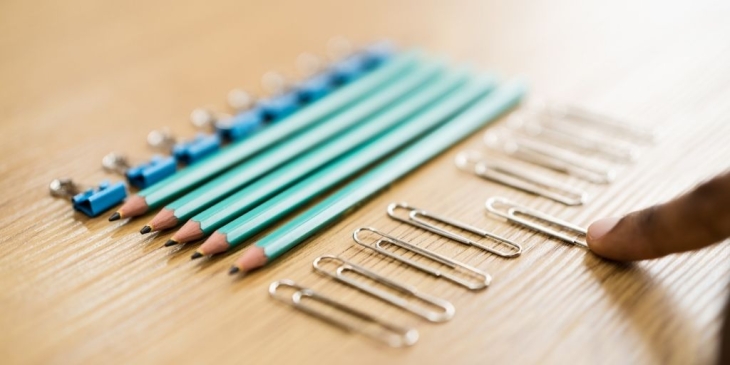
If you or someone you love experiences drug or alcohol addiction problems, you may often hear the words addiction and compulsions used to describe uncontrollable behaviors.
While these words are sometimes used interchangeably, knowing the difference will help you understand your needs if you are considering or currently undergoing treatment.
What is Addiction?
 Addiction is a complex brain disorder with many characteristics. The National Institute on Drug Abuse defines addiction as a substance use disorder which is “characterized by compulsive drug seeking, continued use despite harmful consequences, and long-lasting changes in the brain.”
Addiction is a complex brain disorder with many characteristics. The National Institute on Drug Abuse defines addiction as a substance use disorder which is “characterized by compulsive drug seeking, continued use despite harmful consequences, and long-lasting changes in the brain.”
On the full spectrum of substance use disorders – which can range from low-risk, casual drug use to chronic dependence — addiction is the most severe.
Another element of addiction is the concept of temporary satiation. Someone with an addiction uses a substance with the expectation that it will result in some sort of pleasure, such as a distraction from life’s problems or temporary feelings of self-sufficiency.
Most medical associations classify addiction as a disease. The Partnership to End Addiction compares addiction to chronic diseases such as diabetes, cancer, and heart disease because addiction is caused by “a combination of behavioral, psychological, environmental, and biological factors.”
Genetic factors can increase the risk of addiction. Other risk factors for addiction include mental health issues, exposure to trauma, impulse control problems, and environmental factors such as substance use in the home and easy access to drugs or alcohol.
What is Compulsion?
Compulsion, on the other hand, describes an intense urge to engage in a behavior. A compulsion may be defined as the urge to engage in a simple, repetitive activity that may help relieve anxiety.
While compulsive drug-seeking is part of the addiction process, it is only one aspect of addiction.
Common compulsions include excessive hand washing or bathing, repeatedly checking locks or appliances, arranging objects, repeating certain words, or engaging in other rituals. Compulsions are a symptom of obsessive-compulsive disorder (OCD), a chronic disorder characterized by uncontrollable thoughts and behaviors.
While compulsive drug-seeking is part of the addiction process, it is only one aspect of addiction. Additionally, compulsive behaviors may provide some sense of relief from anxiety, but they do not cause the feelings of satiation or pleasure associated with addiction.
Treatment for Addiction and Compulsion
 Addiction and compulsion can both be debilitating and interfere with an individual’s ability to function in their daily life. However, both addictions and compulsions are treatable. Individuals experiencing addiction or compulsive behaviors may find it helpful to speak with a mental health professional who can help them find appropriate treatment.
Addiction and compulsion can both be debilitating and interfere with an individual’s ability to function in their daily life. However, both addictions and compulsions are treatable. Individuals experiencing addiction or compulsive behaviors may find it helpful to speak with a mental health professional who can help them find appropriate treatment.
In the case of compulsive behaviors or OCD, treatment typically involves a combination of medication and therapy, like cognitive-behavioral therapy (CBT).
Addiction treatment is typically more complex and may include a variety of therapeutic interventions.
The addiction treatment process typically includes an initial detoxification period followed by an intensive inpatient or outpatient program. Treatment is individualized to meet the needs of each patient, and it may involve a combination of cognitive-behavioral therapy, group therapy, family therapy, and life skills training.
A minimum of three months in intensive treatment is typically required for individuals to see significant improvement.
If you or a loved one requires treatment for drug or alcohol addiction, contact us today at
800-681-1058
(Sponsored)
. Our addiction counselors are available 24/7 to help you find a treatment program that best meets your needs.
Images courtesy of Canva

